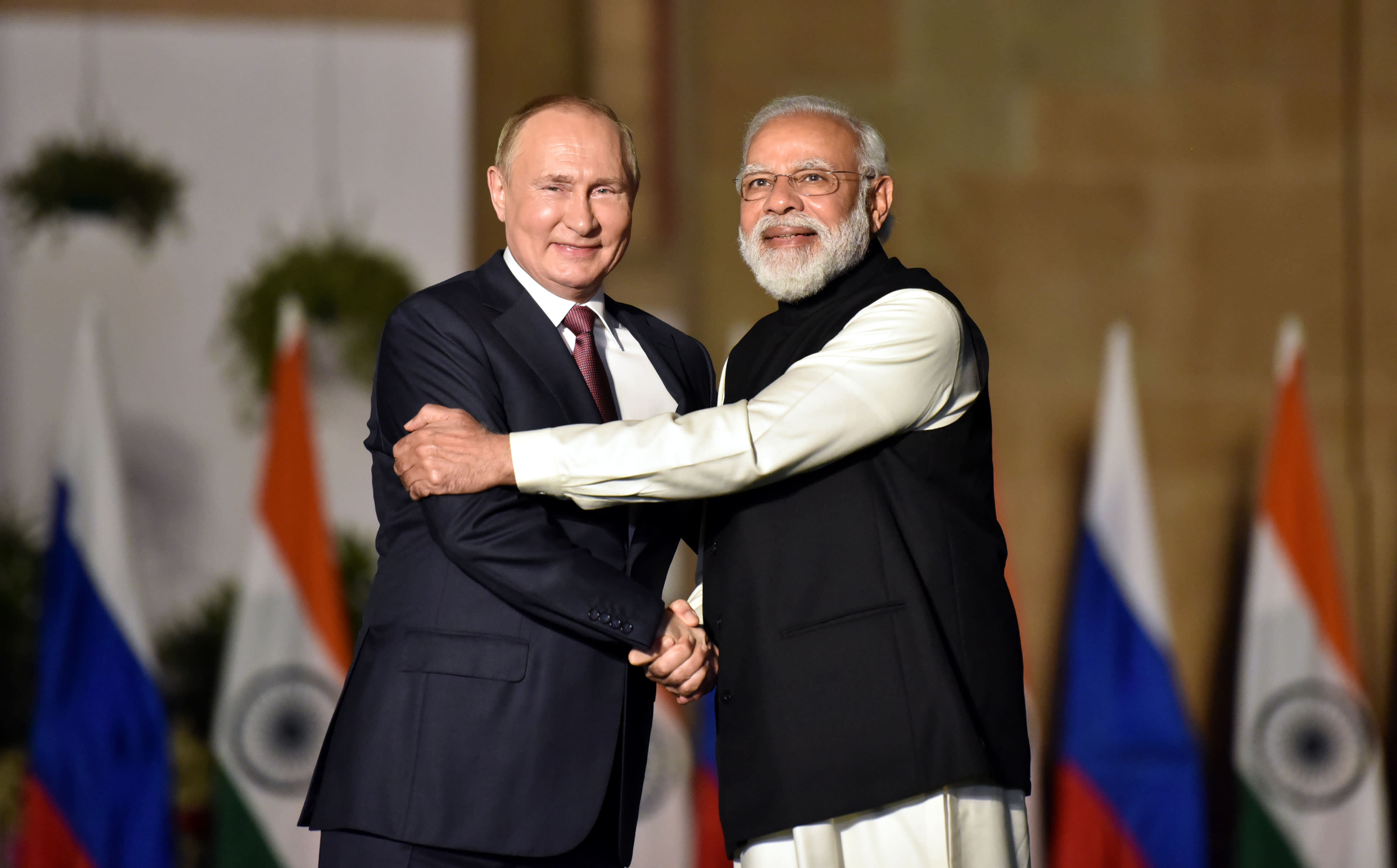
India is in a difficult situation because it relies heavily on Russian weapons to defend itself, but likely knows that close relations with Moscow are not ideal if Russia becomes a “pariah state,” a political analyst told CNBC.
The international community slapped Russia with heavy sanctions after Moscow’s forces invaded Ukraine two weeks ago.
“India’s caught in a trap,” said James Crabtree, executive director at the International Institute for Strategic Studies Asia.
He said Russian weapons help India manage its biggest worry — neighboring China. Crabtree said tensions could flare “at any moment” between the two nations. China and India have clashed at the border in recent years.
India’s ministry of external affairs did not immediately respond to CNBC’s request for comment.
In the medium term, however, “India probably recognizes that if Russia is to be a pariah state, then having close ties with it is not going to be in India’s interest,” Crabtree told CNBC’s “Street Signs Asia” on Wednesday.
“But it still needs those [Russian] weapon systems,” he added.
Around 85% of India’s military equipment comes from Russia or originated from the Soviet Union, according to research by the Stimson Center, a Washington-based think tank.
And New Delhi has always had a very deep relationship with Moscow, Crabtree said.
India abstained from recent votes held at the UN Security Council and UN General Assembly related to Russia’s war in Ukraine.
China
India is “most worried” about China, which is why it needs Russian weapons, Crabtree said. But that’s also why it has “spent a lot of time courting Washington and the major European countries” which share common aims in balancing China in Asia, he said.
On the other hand, India and Russia share more of a worldview than many people might like to admit, he said.
“Russia talks about welcoming a new world of multipolarity, meaning one in which the U.S. is no longer top dog. And actually that’s okay with India,” said Crabtree.
I think what we’re likely to see is India continuing to deepen its relationship with the West and edging ever so quietly away from Russia.
James Crabtree
executive director, International Institute for Strategic Studies Asia
Additionally, a “good proportion” of the Indian public remains skeptical of the West and the United States. Indians are more divided on the crisis in Ukraine compared with people in other countries who are “overwhelmingly horrified,” he said.
That said, he predicted India will continue its cooperation with other Quad members “as long as China is a threat.” Quad refers to a security dialogue between Australia, India, Japan and the U.S., which began as an informal discussion, but has since morphed into a high-level cooperation on global issues.
“I think what we’re likely to see is India continuing to deepen its relationship with the West and edging ever so quietly away from Russia, while trying to keep hold of those all-important weapon systems,” Crabtree said.




